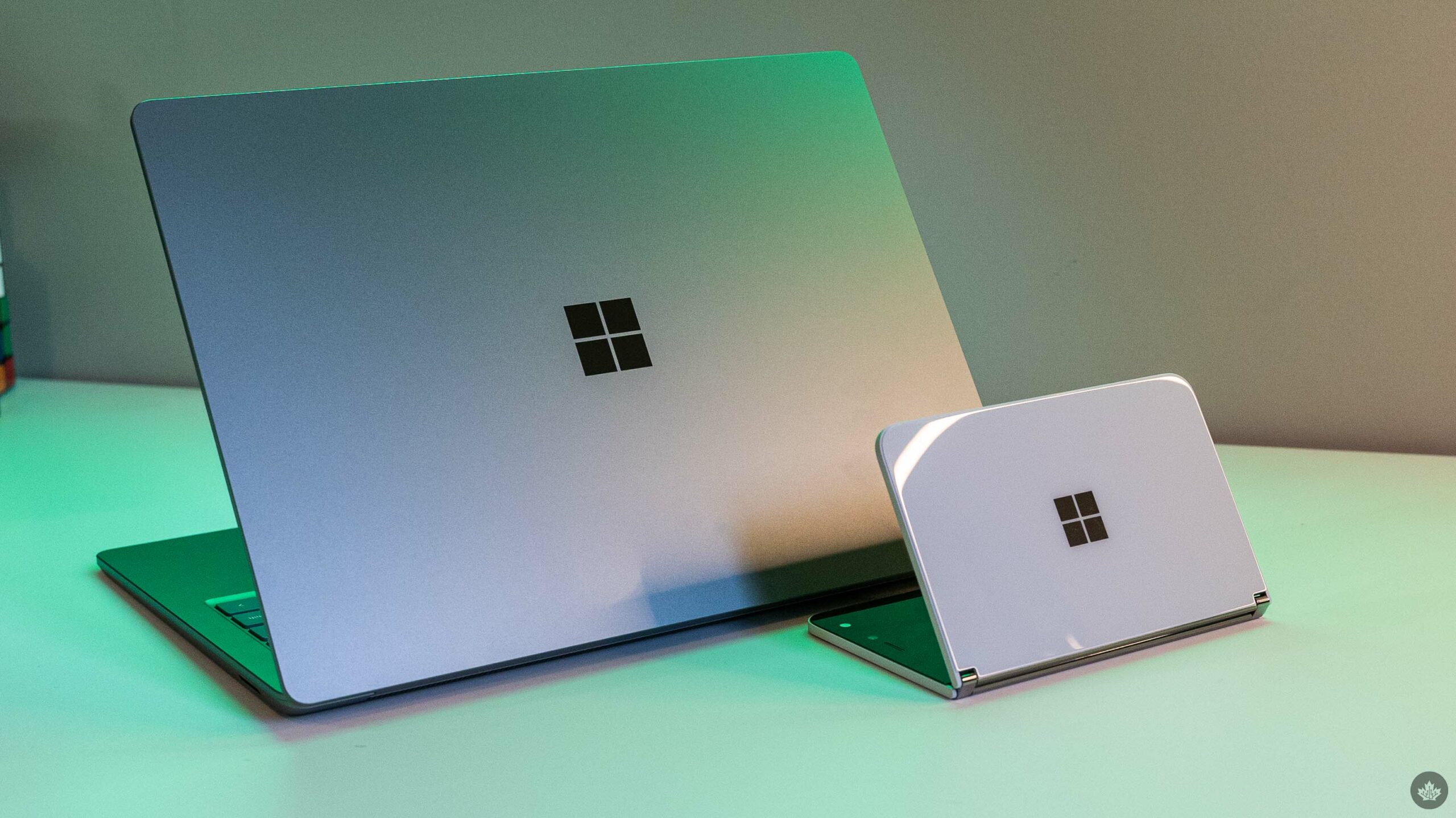
Microsoft wants to move Windows into the cloud and stream it to your PC, according to details in a newly-revealed ‘state of business’ presentation, as spotted by The Verge.
The presentation from June 2022 was revealed in the ongoing FTC v. Microsoft hearings due to the inclusion of the company’s gaming strategy, which is what the hearing is all about. But the presentation is about more than just gaming, and some of the other tidbits in it are quite interesting. The company’s Windows cloud plans include streaming a “full Windows operating system… from the cloud to any device.”
Those who pay much attention to Microsoft’s business-oriented features may know that the company already streams cloud-based Windows through its Windows 365 program. However, the presentation indicates Microsoft wants to do the same for consumers too.
The presentation lists “Windows 11 increasingly in the cloud” as a long-term opportunity, and notes doing so would allow it to use “the power of the cloud and client to enable improved AI-powered services and full roaming of people’s digital experience.”
Elsewhere, the cloud-based Windows goal is listed alongside plans for Microsoft to invest in custom silicon partnerships. This is something Microsoft already does to an extent, such as its work with Qualcomm on chips for its Surface line. The company is also rumoured to be working on its own designs for ARM-based chips to power servers and potentially even custom AI chips.
The presentation also mentions Microsoft’s need to “shore up Windows commercial value and respond to [the] Chromebook threat,” which includes growing the commercial use of cloud PCs through Windows 365.
Coupled with the company’s work on Copilot, an AI-powered assistant for Windows, Office apps and more, the presentation points to a future with always-connected PCs that stream Windows, apps and AI chops from the cloud.
Source: The Verge
MobileSyrup may earn a commission from purchases made via our links, which helps fund the journalism we provide free on our website. These links do not influence our editorial content. Support us here.


